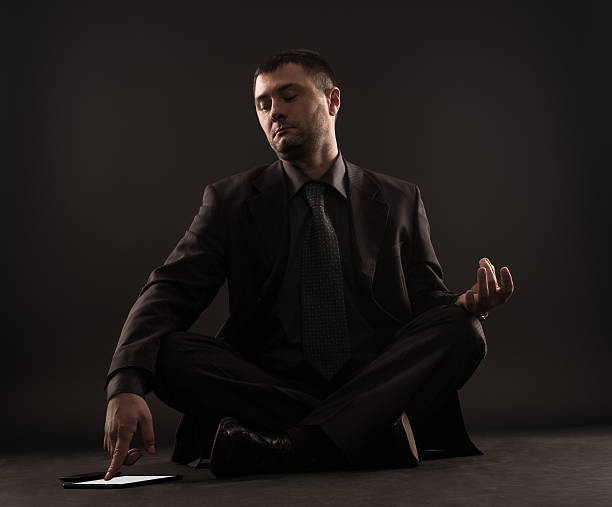Private investigators always have the skill to collect evidence and find out the truth no matter circumstances. Nevertheless, it is quite tedious, both physically and mentally, and may demand much alertness as well as watching over someone for a long time. In addition, over the past few years, some private investigators have resorted to yoga in order to feel better from mental or physical point of view. It helps them to improve their work efficiency.

Yoga practice involves body positions, inhalation and exhalation techniques, as well as relaxation methods aimed at lowering stress levels and maintaining a good condition. Yoga has some great benefits for both public and personal investigators that include increased ability to concentrate and mental clarity. It may also enhance one’s physical health that is crucial for an investigator who could sit or stand for long hours of surveillance.
Fundamentals of Private Investigation
Private investigation is a very complicated business which includes a lot of professional knowledge, skills, and experience. Every investigator must be knowledgeable about these basic aspects of private investigations:
Licensing and Legal Requirements
Most states require private detectives to be licensed. Licensing requirements differ among states; however, basically, an investigative agent should fulfill several preconditions to earn a permit. Some of these can be finishing specified period of training, undergoing successful background assessment or being adults with a good education.
Surveillance Techniques
Private investigations are very crucial, especially surveillance. This includes watching over subjects and taking down notes in order to create evidence. There are many different techniques that investigators use to conduct surveillance, including:
- Stakeouts: This entails keeping a subject under surveillance by watching what he/she does, at a safe distance.
- Video and Audio Recording: Investigators may use hidden cameras or microphones to capture audio and video evidence.
- GPS Tracking: Investigators may use GPS devices to track the movements of a subject.
To be successful at surveillance, investigators must have excellent observation skills, be able to work discreetly, and be able to adapt to changing situations.
Interview and Interrogation
Interviewing and interrogation are important skills for private investigators. These techniques are used to gather information from witnesses, suspects, and other individuals who may have information relevant to an investigation. Some of the key skills involved in interviewing and interrogation include:
- Active Listening: This involves paying close attention to what the interviewee is saying and asking follow-up questions as needed.
- Building Rapport: Investigators must be able to establish a rapport with the interviewee in order to gain their trust and encourage them to share information.
- Questioning Techniques: Investigators must be skilled at asking open-ended questions that encourage the interviewee to provide detailed responses.
By mastering these fundamental skills, private investigators can become more effective at gathering evidence and solving cases.

